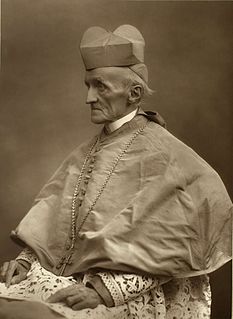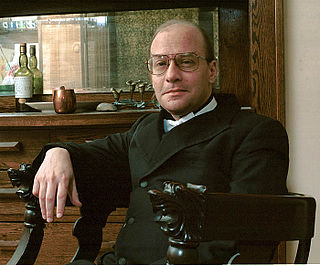A Quote by Agnes Repplier
the labors of the true critic are more essential to the author, even, than to the reader.
Related Quotes
A reader kindly pointed out to me recently that most of the quotes I include are by men. And it's true. Personally, I don't even consider whether the author is male or female, nor even care much who the author is - what's significant is the message. Of course, women are equally capable of great insights, however in our culture it's not so long ago that women could not even be published
The narrative image has more dimensions than the painted image - literature is more complex than painting. Initially, this complexity represents a disadvantage, because the reader has to concentrate much more than when they're looking at a canvas. It gives the author, on the other hand, the opportunity to feel like a creator: they can offer their readers a world in which there's room for everyone, as every reader has their own reading and vision.




































